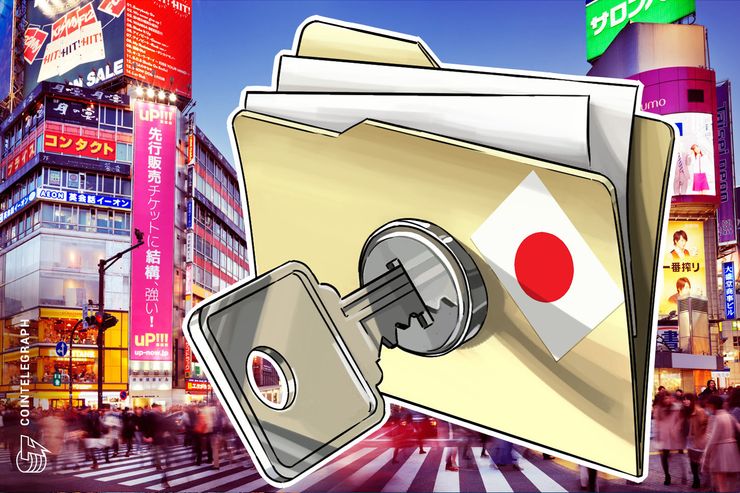The Japanese financial services Agency (FSA) has published the results of its on-site inspections of cryptocurrency exchange operators, Cointelegraph Japan reported on August 10.
Based on its findings, the watchdog decided to apply stricter oversight to new applications from exchanges in hopes of obtaining an official operating license. Newly registered exchanges will have to undergo on-site inspections at an early stage, and the Agency plans to closely examine the effectiveness of their business models.
The FSA audit showed that the maintenance of exchange operators of their internal control systems has not kept pace with the rapid growth of transaction volumes, which is partly due to the” revival ” of crypto markets in the autumn of 2017.
According to the study, the total digital assets of domestic exchanges rose to 792.8 billion yen ($7.1 billion), more than six times more than in a year. Meanwhile, most exchanges are less than 20 people, meaning that one employee on average has been found to manage digital assets worth 3.3 billion yen ($29.7 million).
The comprehensive document identified a wide range of issues in exchanges ‘ business models, risk management and regulatory compliance, internal audit and corporate governance. The Agency also highlighted concerns about insufficient anti-money laundering (AML) measures among some exchanges.
Local news platform Nikkei reported that it is likely that the new registration of exchange operators, which virtually ceased after the January hack of the coincheck crypto exchange for $532 million, will resume after the interim publication of the FSA.
The FSA has said that “substantial” ongoing review of registration procedures will be necessary, and that it will continue to give “priority to investor protection.”
In may, the FSA rolled out regulations for registered exchanges, imposing strict restrictions on trading anonymous altcoins.
In July, the FSA announced that it was considering changing the legal framework to regulate cryptocurrency exchanges, and the Agency was recently reorganized to improve its work with FINTECH areas, including cryptocurrencies.
A self-regulatory body, the Japan virtual currency exchange Association (JVCEA), was set up in early March to develop and coordinate policy in conjunction with the FSA. Last month, the JVCEA announced it would require its members to lay maximum limits on the volumes traded by their customers.
Terms of service and privacy policy
© Cointelegraph 2013 – 2019

Be the first to comment on "Japan’s financial watchdog publishes the results of its on-site crypto-exchange inspections"